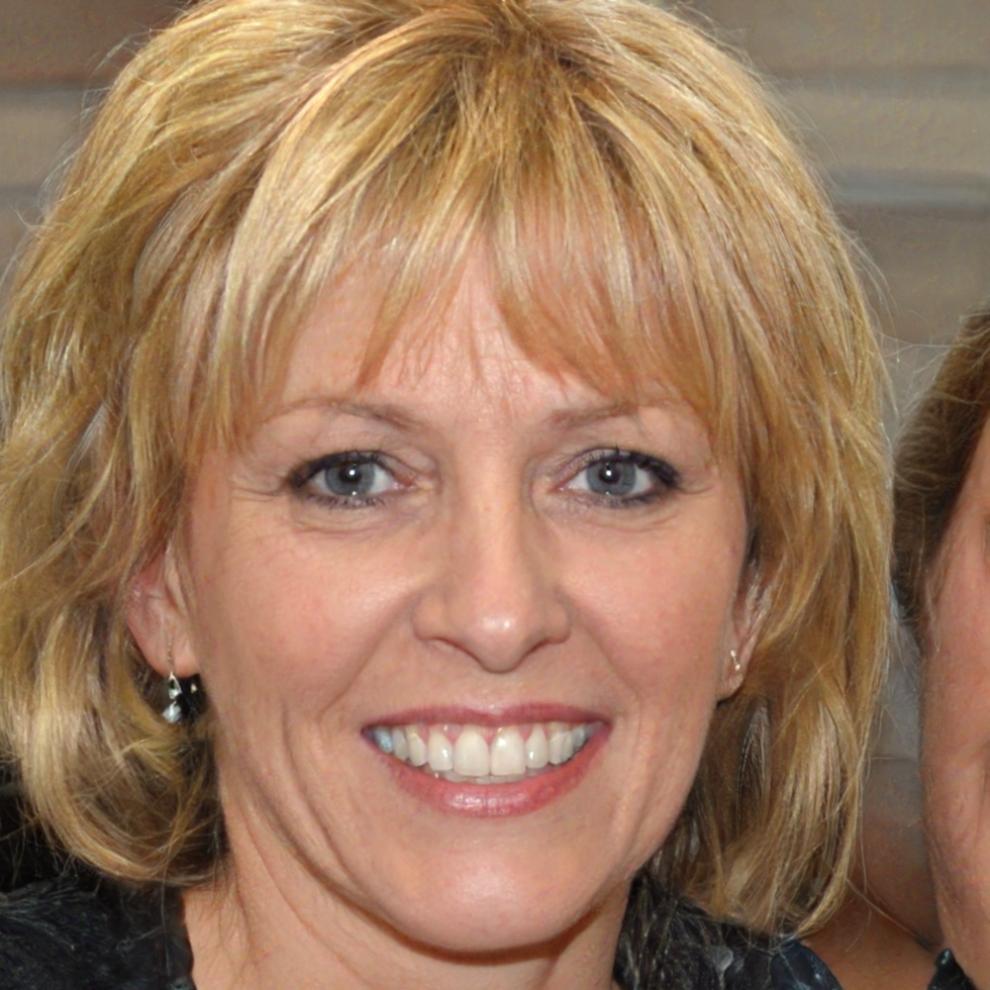
The 30-Day Window
Most people quit budget strategies within the first month. Not because the approach was wrong, but because they expected immediate transformation. Those who make it past day 30 tend to stick around for at least six months.
We organized these by where you are in your own budget journey. Because what worries you before starting is totally different from what keeps you up at night three months in.
Look, not every strategy worked perfectly the first time. Here's what happened when three different households tried budget cuts — including the parts that didn't go according to plan.
Fletcher cancelled 14 streaming services in January 2025. Sounds great, right? Except by March, he'd re-subscribed to four because his kids wouldn't stop complaining. The real win came from sharing accounts with his sister and negotiating a family plan.
Original target: 0/month savings. Actual result: /month, but sustainable long-term.
Marlow switched to budget supermarkets and meal planning. First month was rough — they wasted food because planning too much ahead didn't match their actual eating patterns. After adjusting to weekly instead of monthly plans, things clicked.
Took three attempts to find the right rhythm. Now saving 0 monthly without the food waste.
Calyx tried going car-free in suburban Launceston. That lasted exactly two weeks before the reality of getting kids to activities hit. Compromise: kept one car, sold the second, switched to bike commuting three days a week when weather cooperated.
Not the dramatic change intended, but cut transport costs by 40% while staying practical.

After working with households across Tasmania since early 2024, some patterns emerged. These insights won't guarantee your success, but they might help you avoid common pitfalls.

Most people quit budget strategies within the first month. Not because the approach was wrong, but because they expected immediate transformation. Those who make it past day 30 tend to stick around for at least six months.

Single biggest predictor of success? Whether both partners actually agree on the approach. We've seen brilliant strategies collapse because one person felt ambushed. The households that work through expectations together first tend to adjust their plans better mid-course.
This is what a typical budget transformation looked like for the Wynter household over 2024-2025. Your timeline will probably differ, but the emotional journey tends to follow similar patterns.
Downloaded three budget apps, tracked every coffee, felt very accomplished. Also felt slightly obsessed and a bit deprived. The novelty of "being good with money" carried them through.
Keeping it simple. They picked one tracking method and stuck with it instead of juggling multiple systems.
Car needed unexpected repairs. Birthday parties happened. The budget didn't survive contact with real life. They felt like failures until realizing everyone's first budget draft needs revision.
Building in a "life happens" buffer made everything less stressful. Not every overspend was a disaster.
Started feeling natural. Could estimate expenses without checking constantly. Made some conscious trade-offs — said yes to a weekend away, no to the upgraded phone. Began focusing on what mattered instead of just cutting everything.
Realized budgeting wasn't about restriction — it was about making deliberate choices instead of default ones.
Stopped thinking about it constantly. The habits stuck. Still checked spending weekly, but it felt like brushing teeth — just something you do. Started helping a friend who was where they'd been months earlier.
Total savings hit ,200 by December 2025. More importantly, stress around money dropped significantly.
We asked clients to be honest about what worked and what didn't. Here's what they said when we promised not to use their feedback for marketing fluff.

Small Business Owner, Launceston
I'll be honest — the first two months sucked. I hated tracking every expense and felt like I was constantly saying no to myself. But somewhere around month three, it clicked. Now I spend money more freely on things that actually matter to me, and I don't even think about the stuff I used to waste money on.
Cut business expenses by renegotiating contracts and eliminating redundant tools. Now has breathing room in cash flow.

Healthcare Worker, Northern Tasmania
What surprised me most was how much I was spending on convenience — takeaway coffees, last-minute grocery runs, paying for express shipping. I'm not perfect now, but I've probably reduced those impulse expenses by 70%. My partner jokes that I've become annoyingly sensible, but our emergency fund exists now, which it definitely didn't before.
Built first emergency fund of ,000 within seven months. Still allows planned treats without guilt.